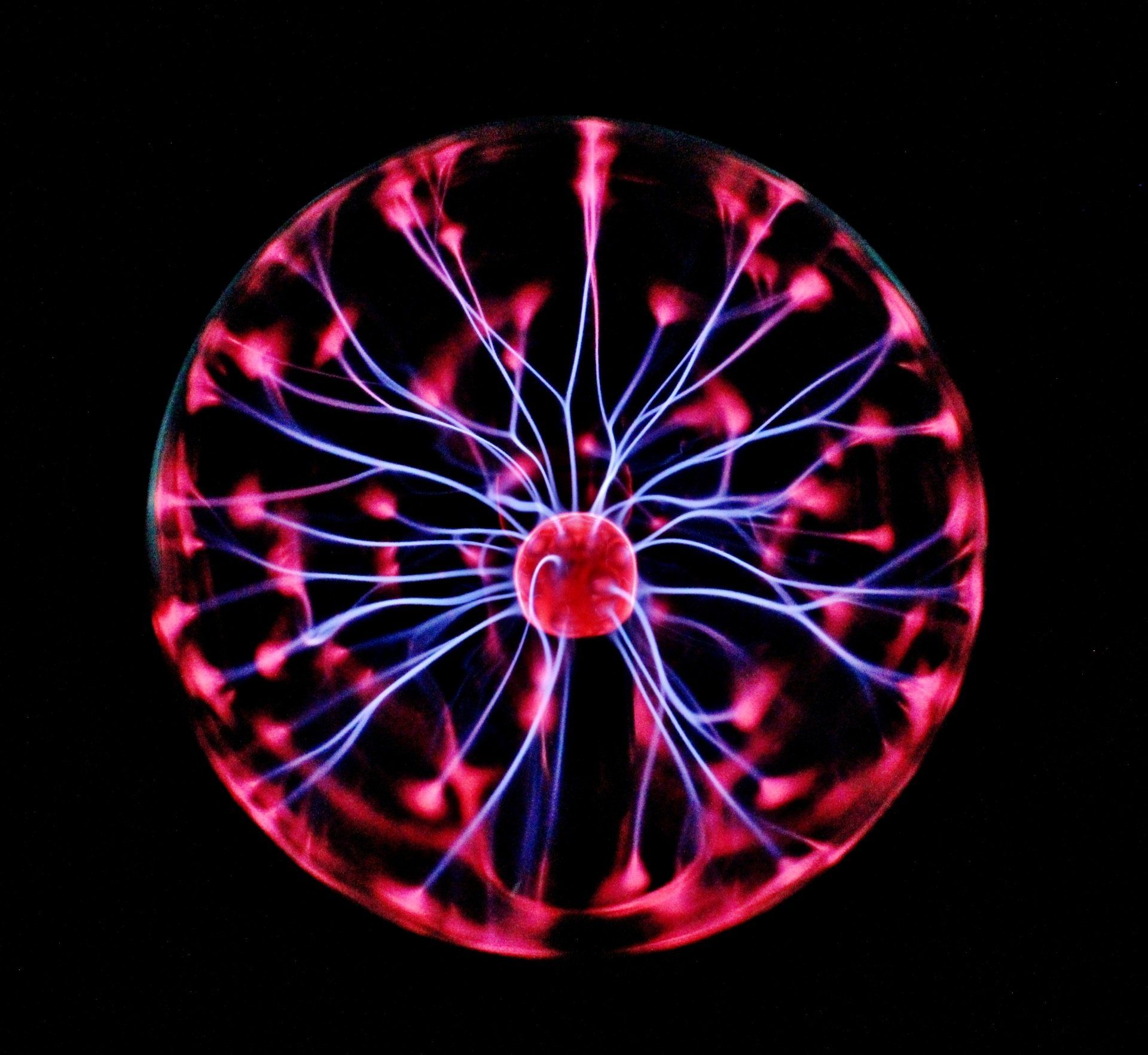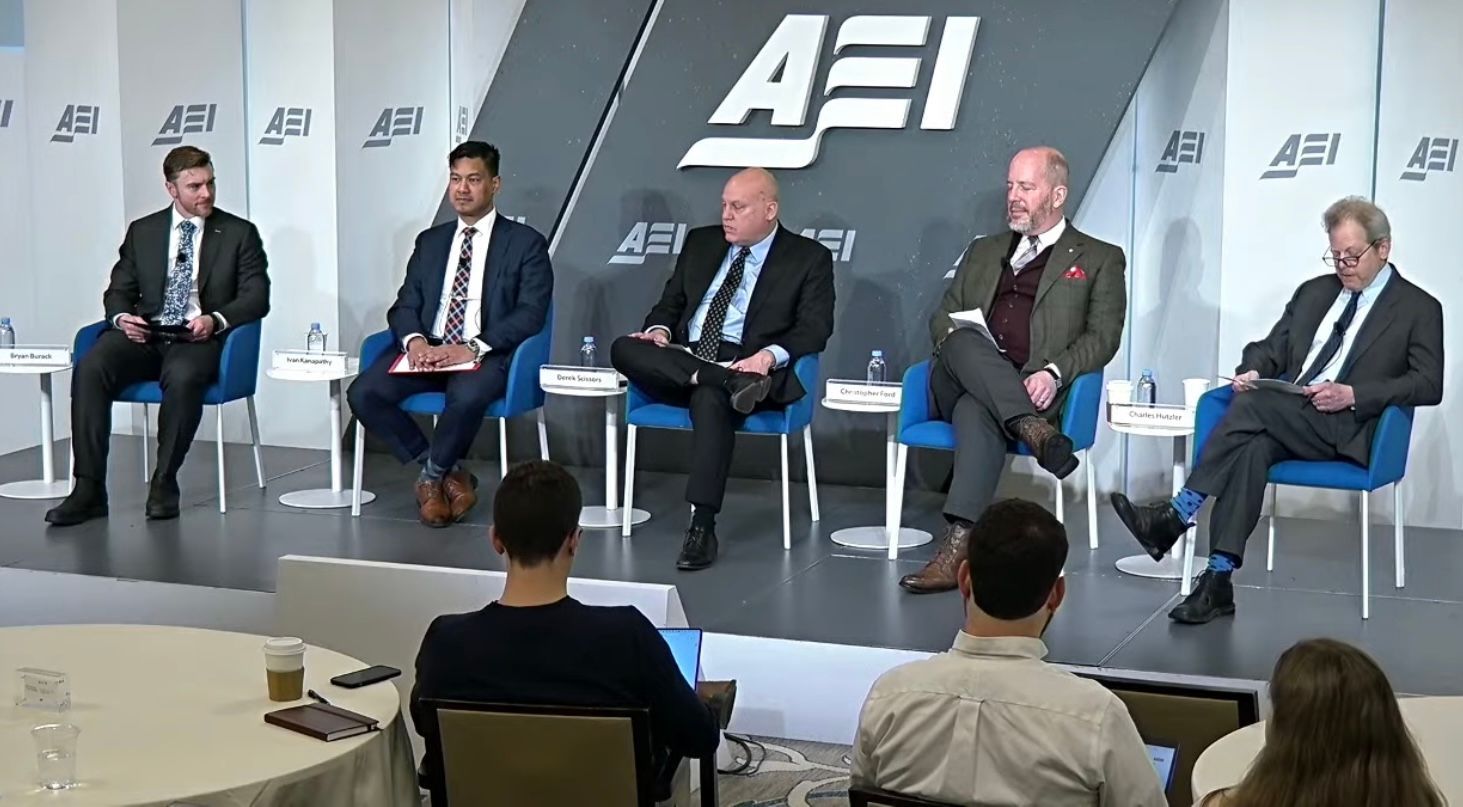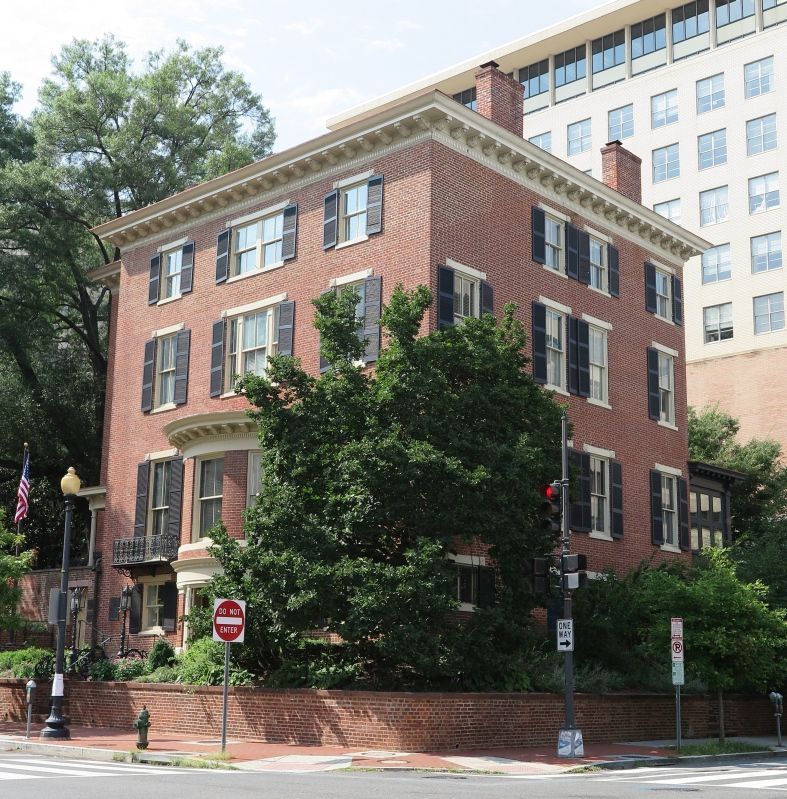The Hon. Christopher A. Ford
New Paradigms Forum -- International Security Policy Since 2009
Nuclear Disarmament Colloquium: Closing Remarks
Note:
Below are the remarks Assistant Secretary Ford delivered on April 15, 2019, at a disarmament colloquium in Geneva sponsored by the Dutch Government . They may also be found on the website of the U.S. State Department's Bureau of International Security and Nonproliferation.
Excellencies, ladies, and gentlemen, I want to start by thanking Ambassador Gabrielse, Tom Coppen, and their colleagues from the Netherlands for organizing today’s colloquium, and for their tireless work to elevate global disarmament discourse. While multilateral fora are often the most visible stages upon which debates over nuclear disarmament play out, it is unfortunately also too often the case that diplomats on the disarmament and nonproliferation circuit simply repeat the same stale formulae for years at a time. The traditional discourse has become so frequently repetitive that many of us who do this a lot, especially in places such as the Conference on Disarmament here in Geneva, could probably give each other’s speeches from memory if we had to — or a good facsimile thereof, at any rate.
Especially right now, however — in a period in which, notwithstanding the remarkable disarmament progress that has been made since the end of the Cold War, global security conditions are deteriorating rather than improving — it seems very clear that more creativity and initiative are needed if our collective disarmament discourse is to be relevant to the challenges that we actually face in the world. Accordingly, it is wonderfully refreshing to see hybrid diplomatic and academic conferences, such as this one, exploring new ideas and providing nuanced thinking in support of a new and more constructive discourse.
Accordingly, I wish to thank today’s presenters. Perhaps never has the discourse around nuclear disarmament been in greater need of fresh thinking — something that all of you have contributed today. These discussions could hardly be more timely, and it is fantastic that my Dutch colleagues have so successfully pulled this event together.
You can be sure that your contributions here will certainly not go to waste; to the contrary, I have every confidence that they will be valuable contributions to the debates and discussions that will soon be getting underway through the “Creating the Environment for Nuclear Disarmament” (CEND) initiative. CEND, of course, is aimed at bringing countries together in a constructive dialogue exploring ways in which it might be possible to ameliorate conditions in the global security environment so as to make that environment more conducive to further progress toward — and indeed, ultimately to achieve — nuclear disarmament.
From a U.S. perspective, we shared some of our ideas about the CEND initiative in a Working Paper at last year’s NPT Preparatory Committee (PrepCom) meeting, and in follow-up discussions at Wilton Park in the UK last December. I also look forward to having much more to say at this year’s PrepCom in New York about how we hope to operationalize this effort, as well as about the kind of questions it might be useful for the CEND working group to address. Nevertheless, we recognize that progress depends on this being a shared endeavor, taking into account other concepts and perspectives. Accordingly, I am gratified by the constructive responses and new ideas presented at this colloquium, which will enrich our future dialogue.
There have been so many interesting contributions here today that it’s hard to know where to start, and your collective insights defy easy summary. But I have been struck by the recurrence of some themes in these discussions — themes that I suspect it will be important for us all to remember as we continue to engage with these matters. A few that struck me, in no particular order:
- The importance of security dynamics and dilemmas in affecting nuclear weapons-related decisions, as well as the “messy” and politically idiosyncratic ways in which such decisions are made in practice — which makes clear that disarmament-focused decisions need to be alive to factors and considerations in addition to the usual sort of debates over the existence, non-existence, or numbers of the nuclear weapons themselves;
- An apparent tension between approaches — and choices of institutional fora for resolving disarmament problems — that rely heavily upon great power choices and participants and approaches that stress more “democratized” answers involving broader participation;
- A tension between the idea of nuclear disarmament to reduce the risk of nuclear war and the fear that such a move could open the door once again to non-nuclear war, raising questions about how the international community is to cope with the challenges of maintaining security in a disarmed environment;
- Unresolved questions about how to enforce any elimination of nuclear weapons;
- Paradoxical dynamics with respect to how emerging technologies and other forms of WMD affect disarmament issues — such as by simultaneously seeming to encourage some to conclude that nuclear deterrence is more necessary than ever in the face of such novel threats, while encouraging others to conclude that the risks of deterrence breakdown are high enough that disarmament is more attractive than ever; and
- The importance of how disarmament dilemmas and questions are framed and understood for consideration and decision, suggesting that the development and maintenance of narratives of disarmament — one way or the other — is a critical element of how the international community struggles with these matters.
Such thematic issue-spotting just scratches the surface, of course. But I can assure you that these discussions here today will be carefully studied, and I look forward to engaging more with you along these lines in the months ahead.
It is hard to overstate how important it is that thoughtful people continue to make new contributions to a new disarmament discourse. Let me be blunt. The global disarmament debate needs more efforts like this — and more contributions such as what you have offered here today.
It seems clear to me that traditional approaches to disarmament are not meeting the pressing needs of today’s world, just as it is clear that some of the more new-fangled approaches that have arisen out of some countries’ frustration with even more disarmament not having occurred cannot meet these needs. I would argue that, traditional approaches, at least of the sort which we were fortunate to be able to employ in earlier post-Cold War years, have largely run out of steam — both because the many weapons made unnecessary by the end of Cold War tensions have now already been dismantled, and because conditions in the global security environment are today worsening rather than improving.
As I stated earlier, today’s discussions could not have been timelier. Two weeks from today, most of the nations of the world will come together for the third and final Preparatory Committee for the 2020 Nuclear Non-Proliferation Treaty Review Conference. There, the United States will detail its vision for operationalizing the CEND concept. From there, it will be up to the initiative’s participants to set the agenda and determine the mandate for the CEWG and its functional subgroups. Your inputs — both today and going forward — are vital to ensuring that this process reaches its full potential and reveals avenues for real progress on long-stalled efforts toward nuclear disarmament.
As we work with international partners to make this emerging dialogue a reality, I think the approach and the insights that animate today’s colloquium are precisely the right ones. I think we all share a commitment to bringing into being a world that is not only free of nuclear weapons, but is also one in which all people are safer and more secure than today. But these concepts are not necessarily synonymous — and that is why CEND’s focus upon the security environment is so important.
For my part, I do not want a world free of nuclear weapons merely in ways analogous to how the world of 1942 was free of them. That is, I do not seek a future world that might have temporarily banished “the Bomb,” but which remains susceptible to catastrophic, non-nuclear conflict between great powers — conflict that would not just be capable of killing millions itself, but which would create powerful incentives for countries to tumble back toward nuclear weaponization, arms races, and even nuclear use. Nor, of course, do I want a world that has eliminated nuclear weapons merely by setting them off in a cataclysmic nuclear war, after which the shattered remnants of humanity might be left essentially unable to rebuild such arsenals for a considerable period of time. Those are clearly not the right ways to do it!
Disarmament efforts that ignore the security dynamics of the real world in which actual countries make actual nuclear-related decisions — or efforts that disdain grappling with the challenges of prudent and effective nuclear posture for so long as such devices still exist, or with the challenges of preventing aggression and conflict thereafter — are approaches that are doomed to failure. We need a better sort of disarmament than that.
As I think some of the themes of today’s discussions have helped make clear, doing disarmament effectively, and doing it sustainably, requires engagement with hard questions of stability and security, and must explore the entanglement of nuclear questions with the myriad power and security dynamics of a troubled world. This, notably, will ask of us a kind of far-sighted multilateral dialogue about security conditions — and their potential amelioration — that has previously been in tragically short supply in the disarmament community. Nevertheless, we are working to change that, as this colloquium helps to demonstrate.
And so, I say “thank you” to all of you here today. Thank you for your interest in exploring such a dialogue; thank you for the insights you have shared here today about the challenges and possibilities of such a way forward; and thank you for your willingness to contribute to this great effort at the outset of what I hope will be a continuing and very productive journey together.
Please know that the United States is listening with great interest to your thoughtful insights, your fresh ideas, and your sincere critiques — and that you can count on me to continue to engage in future such efforts in the months and years ahead.
Thank you.
-- Christopher Ford



Copyright Dr. Christopher Ford All Rights Reserved






